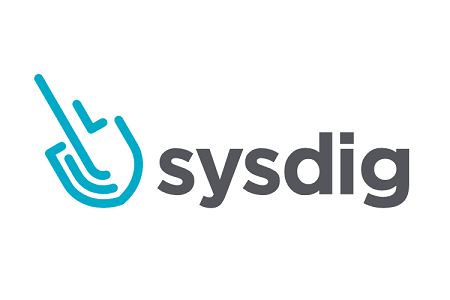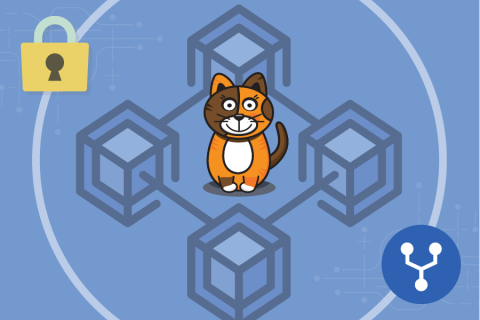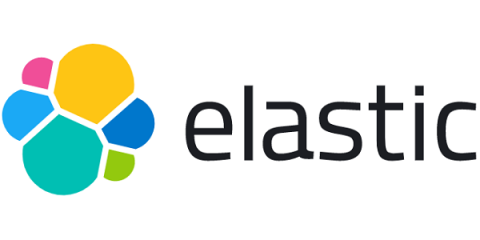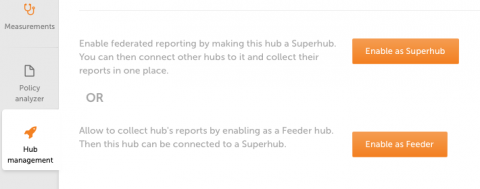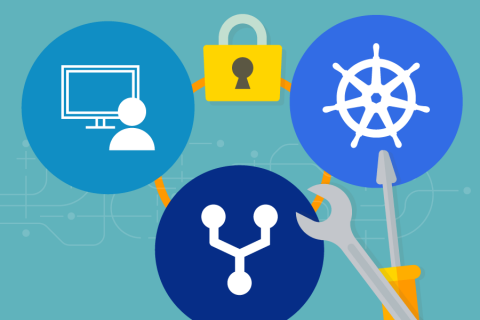Intro to RBAC in Sensu Go
Last month, we ran a webinar on role-based access control (RBAC) in Sensu Go. In this post, we’ll capture some of the key points from the presentation and show you how RBAC can help you lock down access for increased security and team efficiency.



